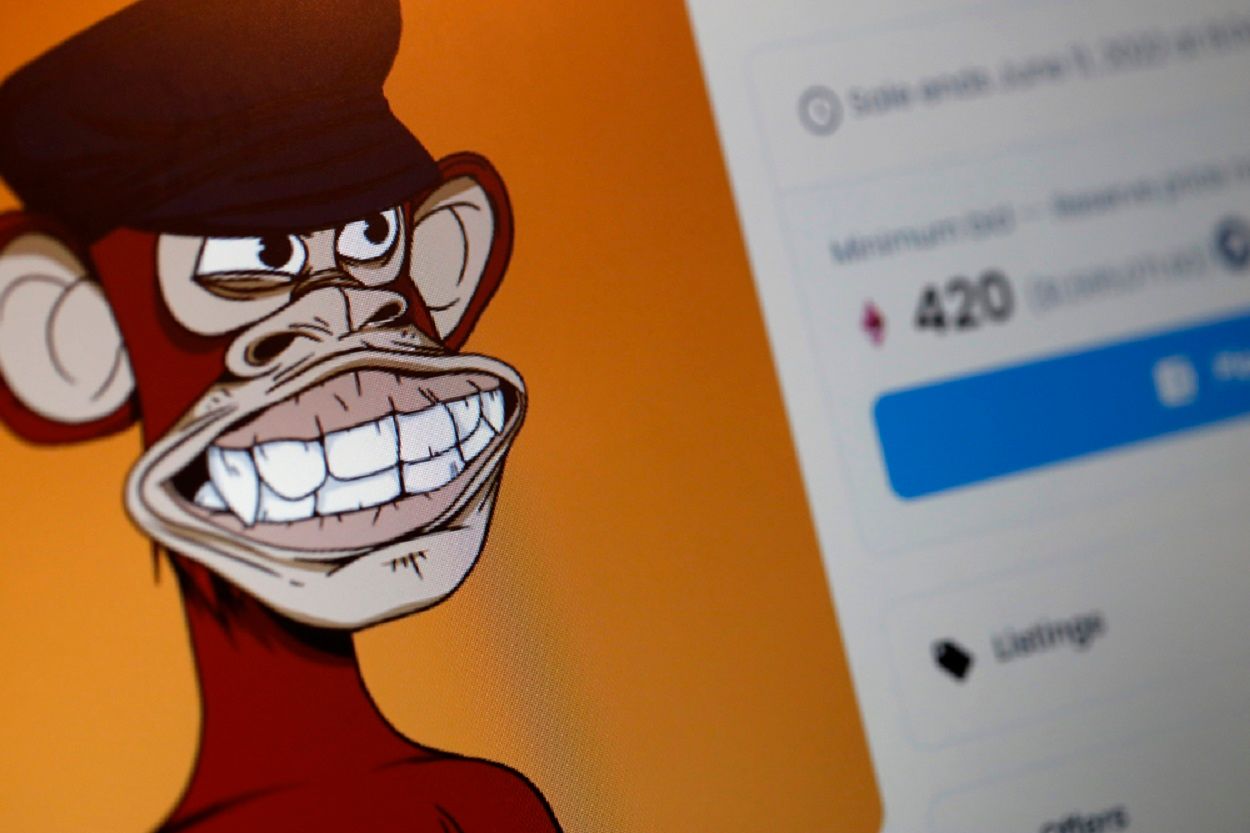- A US district court judge ordered the defendants to pay a total of $1.57 million in damages
- He awarded another $200,000 in statutory damages for cybersquatting
Nonfungible token (NFT) artists Ryder Ripps and Jeremy Cahen have lost the high-profile lawsuit against Bored Ape Yacht Club (BAYC) creator Yuga Labs, Cointelegraph wrote. A US district court judge ordered the defendants to pay a total of $1.57 million in damages and disgorgement as well as legal fees, bringing the prolonged NFT lawsuit to an end.
The order, issued on Oct. 25, comes after a partial summary judgement in April in favor of Yuga Labs. The company claimed that Ripps and Cahen created copycat versions of its Bored Ape Yacht Club (BAYC) collectibles in violation of copyright laws.
The final outcome
District Court Judge John Walter concluded that Yuga Labs had the right to disgorgement of Ripps and Cahen’s profits in the amount of $1.37 million. He awarded another $200,000 in statutory damages for cybersquatting violations. Cybersquatting is where you register names, especially well-known brand or company names, as internet domains, and resell them at a profit later.
An “exceptional” case
Yuga Labs has the right to recover attorney fees and costs from the defendants as well after Judge Walter termed the trademark infringement an “exceptional case.” He noted:
A trademark case is generally considered exceptional for purposes of awarding of attorneys’ fees when a party has taken positions that can be characterized as “malicious, fraudulent, deliberate or willful.”
Not a parody
Ripps and Cahen claimed their copies were only “parody” and “satire,” but the judge begged to differ. He ruled they had purposefully infringed upon the BAYC trademarks with a bad faith intent to make a profit. He also pointed out that they kept promoting and marketing their copycat BAYC versions after the court delivered the partial summary judgement against them earlier this year.
Not a free speech issue either
In an Oct. 16 hearing, the defendants’ lawyers argued their clients were only exercising their right to free speech, but the three-judge panel was not convinced.
BAYC trading volume is $2.4B in two years
Since April 2021, BAYC has reached the ether equivalent of $2.38 billion in trading volume according to data of OpenSea, the largest NFT marketplace.













